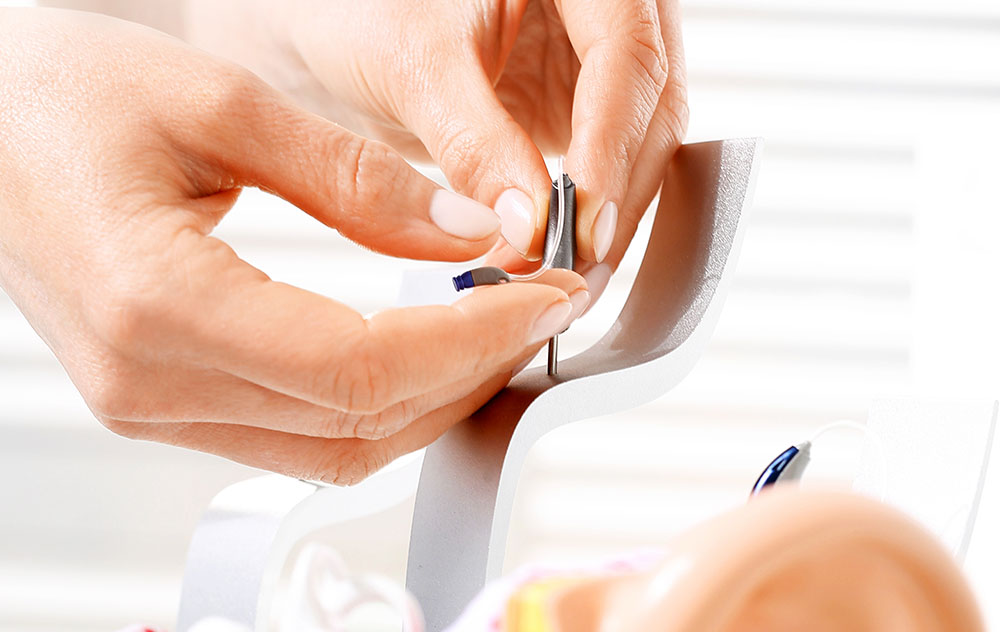
3 Factors to Consider When Selecting Hearing Aids
There’s a high chance that – at some point in your life – you’ll require a hearing aid. Most people suffer hearing loss as they age, but there are other factors that can cause it in younger people too. Regardless, it’s important that you select the right hearing aid after you’ve been prescribed one. How do you do this? Well, there are certain factors you must consider when making this selection. By taking these factors into account, you’ll quickly create a shortlist of the ideal hearing aids for you and your ears.
Lifestyle/budget
The first factor to consider is the lifestyle you lead. In doing so, this will also help you figure out the budget for your hearing aid purchase. The things you do on a daily basis will determine what type of hearing aid is good for you. If you often cycle and take part in physical activities, then you’ll need a different hearing aid than an elderly person that spends a lot of their time indoors. Your lifestyle demands certain features, which will affect your budget. If you live a life that requires a hearing aid with loads of high-end features, then you have to allow yourself a larger budget than someone that only needs a basic hearing aid. Remember, a hearing aid is a great investment, so it makes sense to set your budget high to ensure you get all the features you desperately need.
Hearing aid appearance
A common thing that stops people from buying hearing aids – even though their audiologist says they need them is the appearance. It’s a big factor to consider, as you don’t want a hearing aid that attracts a lot of attention. People are still very self-conscious about wearing them as they think other people will stare or act differently and try to speak slowly for them to understand. Consequently, look for hearing aids in different styles that are nice and discreet and will fit behind your ear without being too obvious. It’s important to find one that makes you feel comfortable!
Audio quality
Of course, you have to consider the quality of the audio you hear through your hearing aid. If it’s grainy and there’s a lot of interference, then you’re not really getting a good product. Ideally, you want a hearing aid that provides you with crystal clear audio. Not only that, but the audio should sound natural to you as well. You should be able to hear sounds from their sources like you can when you don’t have a hearing aid. Make sure you test different devices to be certain you find one with great audio quality. It’s vital that you select a hearing aid that’s right for you. This means that one particular hearing aid could be perfect for you, but not as helpful for someone else. The best thing to do is consider all three of the factors mentioned above. This will ensure you make the right choice and buy a device that provides an improved hearing experience for you.

